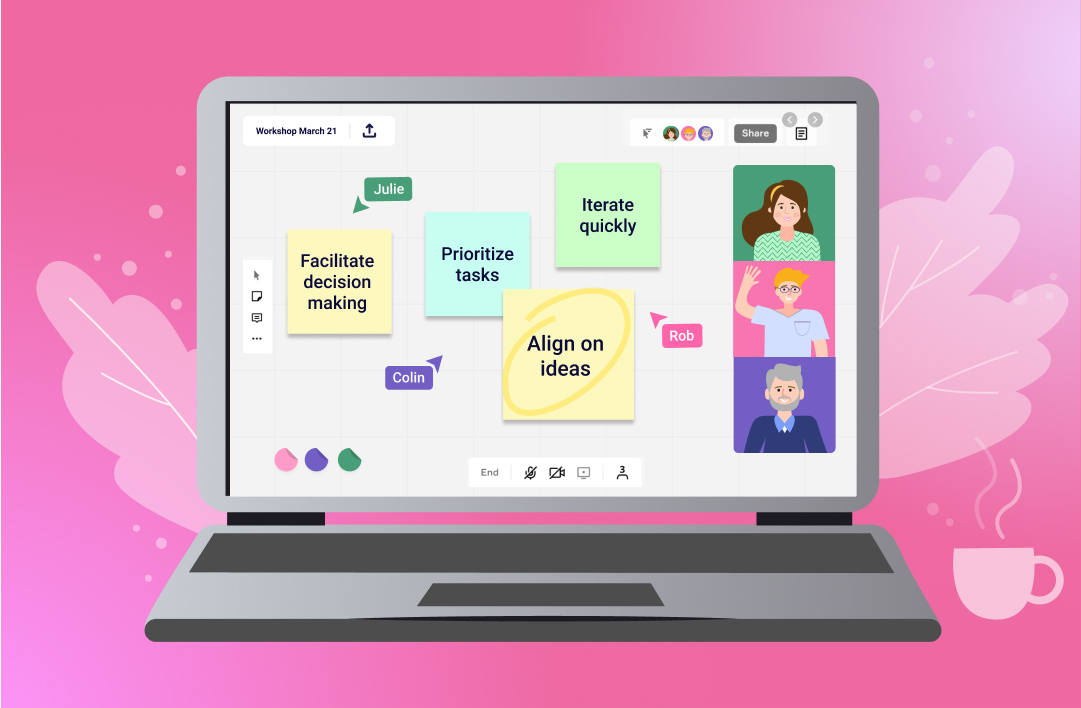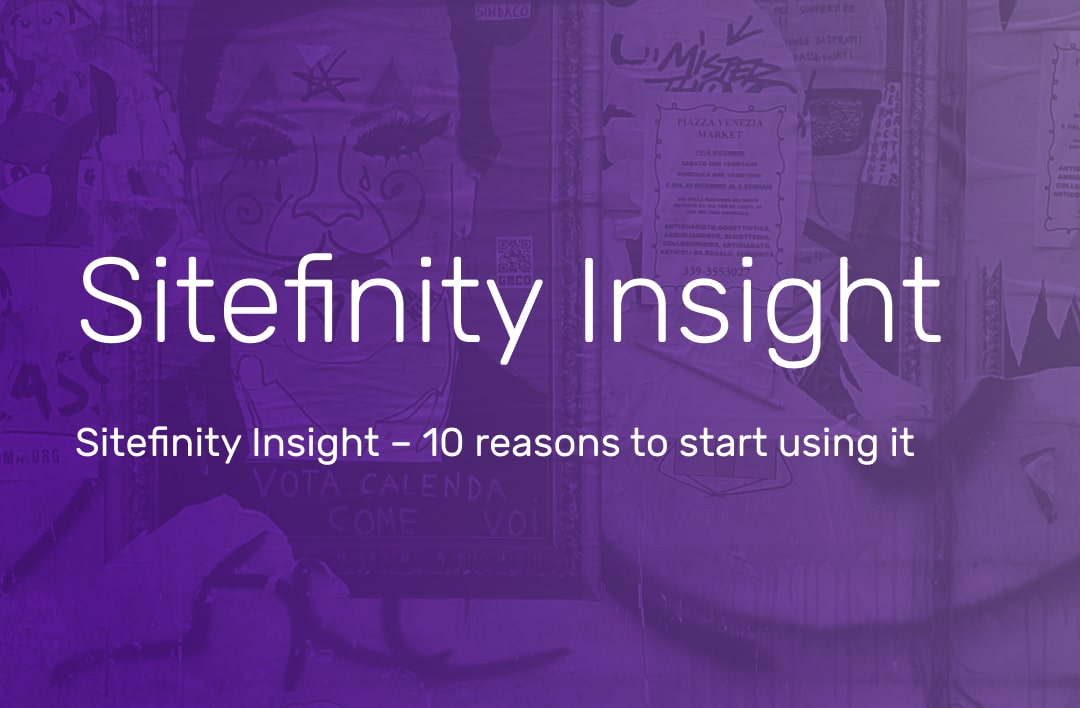How to run successful remote workshops

Workshops are a great way to collaborate and align on ideas, problems and solutions. Until last year, almost all the workshops we facilitated were done in person. Since then, we have had to reconsider how we can achieve the same outcomes remotely.
After some trial and error with remote workshopping, I’ve put together some tips for achieving success.
Preparation
It’s stating the obvious, but preparation is key. For remote workshops, it makes sense to over-prepare.
Goals and agenda
Firstly, as with in-person workshops, define the goal, what is the desired outcome of the workshop? Then create an agenda of activities that will help you reach that goal.
Know who will be attending before you create your agenda. If you have not met some of the attendees, try to arrange a quick call with them to get a sense of their role and how they can best contribute.
Set a clear agenda and circulate this in advance. This lets everyone know what the time will be used for and what activities to expect. It also allows participants to anticipate breaks. This should make people more comfortable on the day.
I generally plan remote workshops for no longer than 90 minutes. Attention and focus tends to drop off after this amount of time. Zoom fatigue is real! If more time is required, schedule a significant break at this point.
Tech tools
Online collaboration tools have become very useful. We use Miro for workshops, an online, collaborative whiteboard platform. We had already been using it for producing and presenting information architecture, user flows and other UX artifacts. Over the past year, its collaboration features have become essential to us. Features such as the voting tool have made our remote workshops even more effective in enabling people to engage and contribute.
Whatever online tools you use, be sure to set them up in advance and test them.
What to ask participants to do
- Try out any online tools – For tools like Miro, don’t assume that people will be able to get used to them on the fly. It’s worthwhile setting up an onboarding workspace and letting participants use this before the workshop.
- Test their tech setup - Over the last year, we’ve become familiar with phrases like “I can’t hear you” and “There’s feedback…” So it’s helpful to check that each participant’s tech is set up correctly in advance of the workshop, so that things run smoothly from the start.
- Understand the workshop format – Make sure everyone is aligned on the agenda, goals and what kind of preparation and participation will be expected of them. This gives you a better chance of people being informed from the start and ready to participate.
During the workshop
As a facilitator, you are helping the participants and guiding them through the workshop towards a successful outcome. This begins with ensuring everyone is comfortable and aligned on goals and expectations. It ends with making sure the next steps after the workshop are clear to everyone.
Arrive early
Or when working from home, open the meeting early. People often like to arrive early to in-person workshops. So, it’s good practice to begin the call a little early for whoever wants to join. This allows people to chat a little before the work starts, as they would in the real world.
Onboarding
You will have briefed people in advance about the reason for the workshop, the format and agenda. You should repeat this at the beginning of the workshop and emphasise why everyone’s input will be valuable.
As mentioned above, it’s important to ensure everyone is comfortable using any online tools (like Miro) before you start working. Setting aside a few minutes at the start for a warm-up exercise can help reduce the friction of people getting stuck mid-activity.
Build momentum
Your workshop should be structured so that each activity has a conclusion that feeds into the next activity. This helps to build momentum and confidence among the participants, as they should be able to see their efforts progressing towards the goal.
Introduce each exercise clearly, stating why you’re doing it, what is required of everyone and the desired outcome.
Similarly, close out each exercise by stating why you did it, the outcome that was achieved and how it will lead to the next activity.
An example from a recent workshop: a problem definition exercise can lead into an ideation exercise. Once we are aligned on what the key problem is, then we can start working on how to solve it.
Use the time effectively
Just like in-person workshops, you should stick to a schedule, time box everything and not allow activities to run over time or conversation to run off topic.
Schedule short breaks - remote workshops generally require more energy and focus than in-person workshops. As it’s likely that everyone will be in front of their screens for the duration, it’s essential to include time for breaks.
Try to structure your agenda so that you finish early. In our remote working world, people often have back-to-back meetings scheduled and will appreciate an early finish.
After the workshop
Follow up
At the end of the workshop, ensure everyone is on the same page when it comes to findings, outcomes and next steps. It’s a good idea to send a follow up email afterwards to reiterate the key findings and initiate the next steps.
Review the format
As remote workshopping will be new to many of us, it makes sense to review how each workshop goes. Use your own findings as well as feedback from attendees and tweak your format to improve it for the next time.
Conclusion
Remote workshops are certainly different to face-to-face meetings. When planned and facilitated correctly though, they can be more effective. If you make the most out of digital collaboration tools, remote sessions give you the chance to take on big challenges, while using your participants’ time effectively.
We’re running all our workshops and meetings remotely for now, but we are committed to providing the same high-quality service that our clients expect.
Get in touch with us to discuss how we can help you navigate and resolve complex problems.
/sitefinity-champion-min.jpg?sfvrsn=96b2ba2e_1)
/tourismireland_1-min.jpg?sfvrsn=79c4aad2_1)
